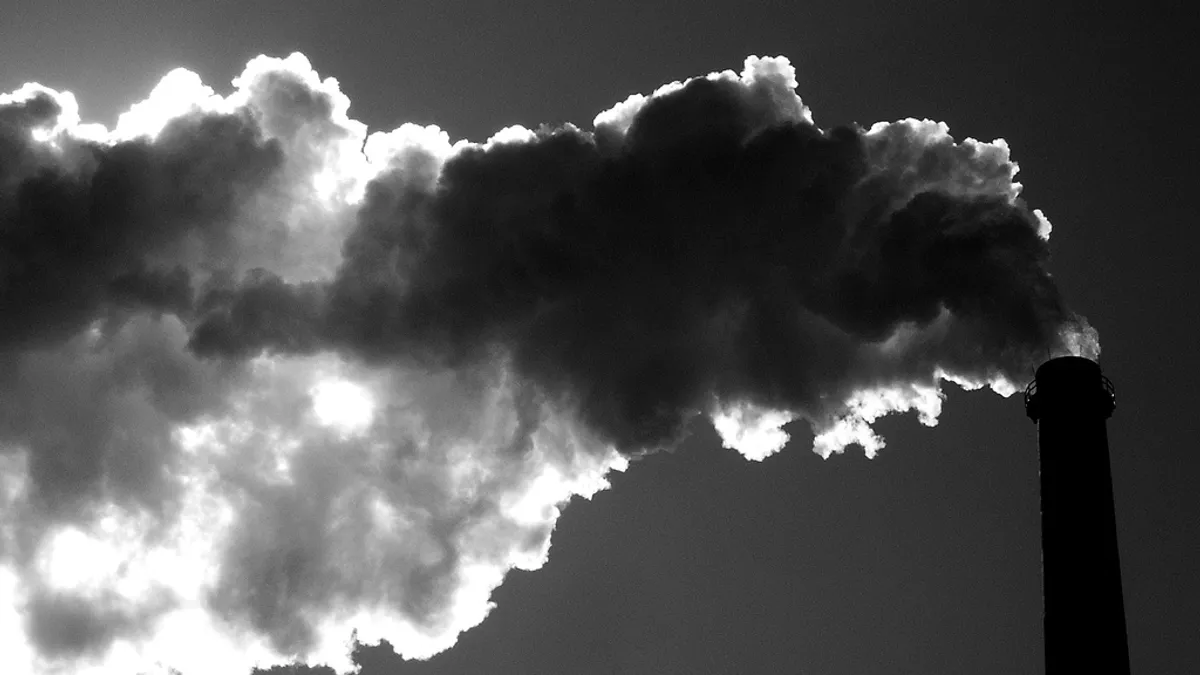Dive Brief:
- The state of Alabama has delayed work on a plan to meet new environmental limits on carbon emissions, believing that the Clean Power Plan will likely be blocked in court, according to reports from Bloomberg BNA.
- While more than half the states have filed some form of a legal challenge to the Obama administration's signature environmental rule, the move to delay compliance is unusual because it risks having a federal plan imposed instead.
- Only a handful of states remained neutral on the law, while 27 have joined a variety of legal challenges and 18 have indicated their support for the rule. But most of those opposed to the rule have also indicated they are simultaneously looking at compliance strategies.
Dive Insight:
Alabama is convinced that legal challenges to the Clean Power Plan will prevail, and is "delaying" work on a compliance strategy, according to Bloomberg BNA.
“We're optimistic about a stay. We don't see any sense in working on it now until there's a ruling on that,” Alabama Department of Environmental Management Air Division Chief Ron Gore told Bloomberg.
That's a different tactic compared to most states, which are looking to avoid having federal compliance measures put in place should the lawsuits fail.
“For a state that seems so concerned about federal overreach, it seems an odd tack to take,” Keith Johnston, managing attorney for the Southern Environmental Law Center, told Bloomberg. “It makes us very vulnerable to having to use a federal plan.”
Alabama is expecting relatively quick action, however, and Gore told Bloomberg that if a stay is not granted by mid- to late spring, the state will initiative a swift public hearing to develop a plan to meet the September 6 deadline for submission of initial compliance plans, alongside a plan to submit a request for a two-year extension before filing a full plan draft.
In total, states opposed to the rule include: Alabama, Arizona, Arkansas, Colorado, Florida, Georgia, Indiana, Kansas, Kentucky, Louisiana, Michigan, Mississippi, Missouri, Montana, Nebraska, New Jersey, North Carolina, North Dakota, Oklahoma, Ohio, South Carolina, South Dakota, Texas, Utah, West Virginia, Wisconsin and Wyoming.
The largest lawsuit includes at least two dozen states and is being led by West Virginia.
The 18 states filing to defend the plan include: California, Connecticut, Delaware, Hawaii, Illinois, Iowa, Maine, Maryland, Massachusetts, Minnesota, New Hampshire, New Mexico, New York, Oregon, Rhode Island, Vermont, Virginia and Washington. The District of Columbia, Chicago, New York City and Philadelphia have also signed on.
While there has been talk of more states refusing to comply with the law, the federal government made extensions relatively easy to acquire, and many are already on the way to complying. The Union of Concerned Scientists said last year that more than 30 states were already halfway to compliance and 14 were fully on track.















